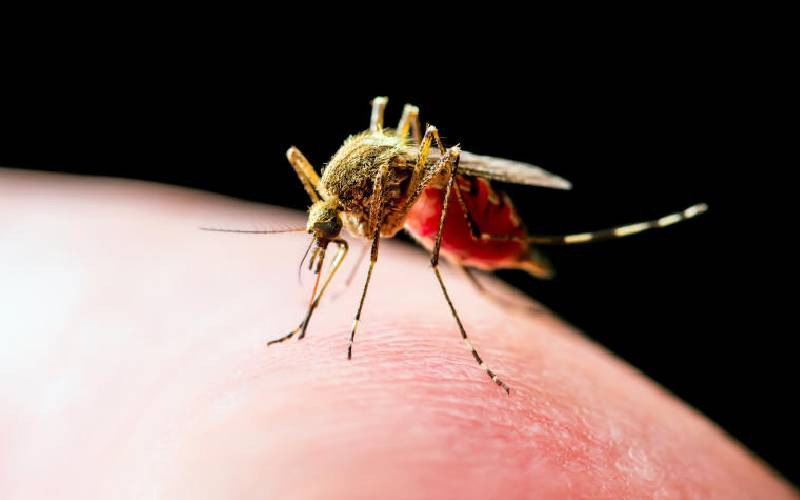×
The Standard e-Paper
Home To Bold Columnists

The Global Fund, established in 2002, has been a game-changer in the fight against HIV, Tuberculosis (TB), and Malaria, saving over 59 million lives through strategic investments and partnerships.
At the heart of this effort is a dual track financing approach, engaging both government and non-government Principal Recipients (PRs) to maximize impact. Among the PRs is Amref Health Africa in Kenya, which has been a crucial player in implementing TB and Malaria grants since 2011.